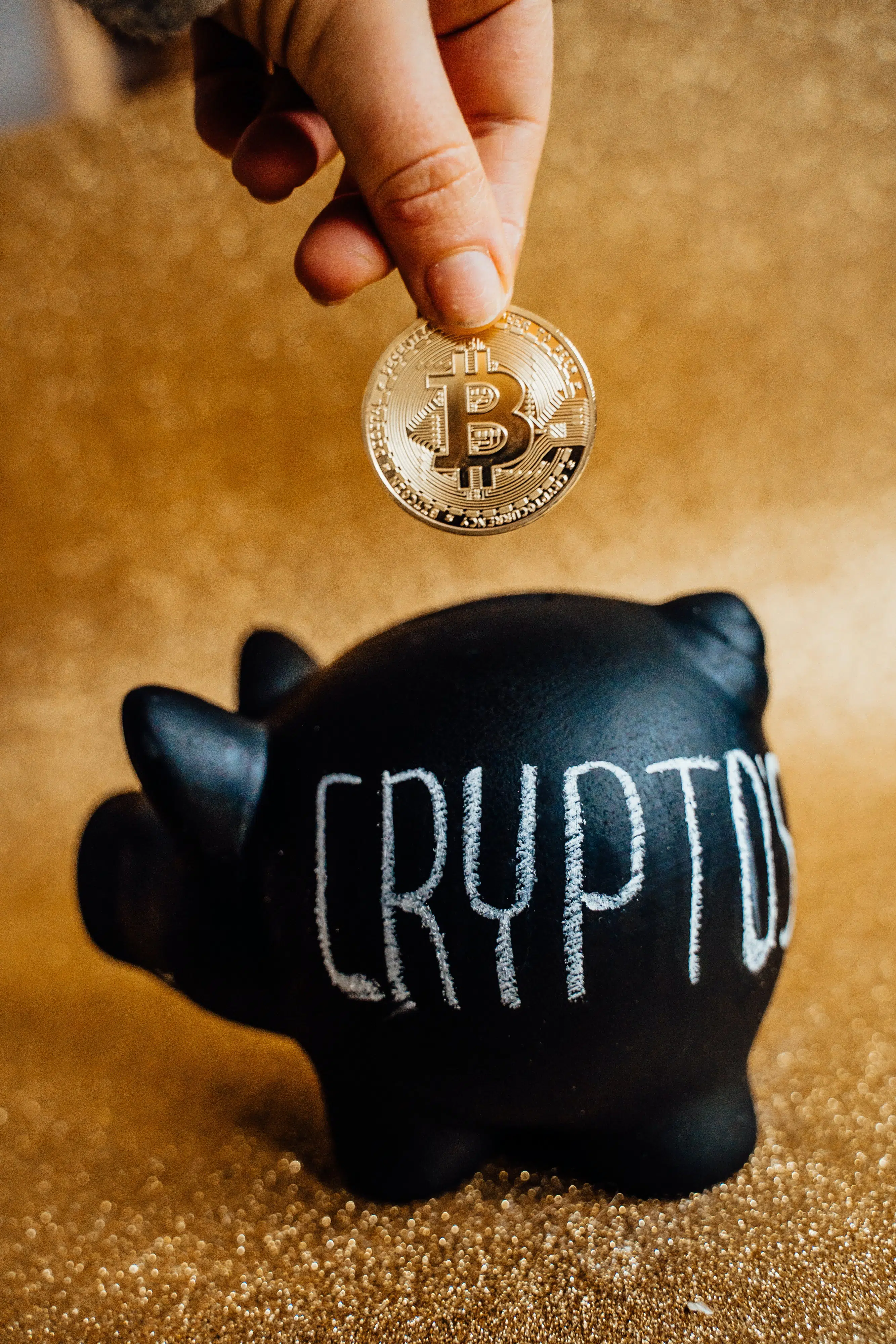I have been dabbling in the crypto space for a few years. It is a fascinating technology and it has been very interesting to see how the ecosystem has evolved since Bitcoin launched in 2009. A friend of mine, Wasim Ahmad, is the chief crypto officer for Vault12. Vault12 offers a solution to backup and recover the keys used to access crypto wallets. You would be surprised how often people lose the keys to their crypto wallets. Wasim recently published a comprehensive article on How to make Crypto and NFT donations to Nonprofits. It does a great job of describing why and how nonprofits should accept crypto and NFTs.
Crypto Has Gone From Evil to Mainstream in a Decade
Many people think that cryptocurrencies like Bitcoin and Ethereum are used by the underworld to buy and launder proceeds from drug transactions. Developments like Silkroad, the online darknet market notorious for drug transactions are just one example. The Netflix series How to Sell Drugs Online (Fast) is another. There is no doubt that crypto technology is being used for nefarious purposes.
In the past 12 years, however, crypto technology has slowly become far more mainstream. Hundreds of companies like PayPal, Starbucks, Microsoft, and even Home Depot accept cryptocurrency as payments. There are very valuable companies that enable the crypto ecosystem like Coinbase that has an enterprise value of over $71 billion. The first Bitcoin ETF, ProShares Bitcoin Strategy ETF (BITO), started trading on Nasdaq in October 2021.
There are over 300 million worldwide crypto users in 2021:
Crypto Users Offer Attractive Donor Demographics
Crypto users are an attractive pool of potential donors for nonprofits.
Many crypto users have substantial incomes:
Crypto users are well educated:

Crypto users are predominantly younger:
In the U.S. a typical crypto user looks like this:
There Are Three Great Reasons Why Nonprofits Should Accept Crypto Donations
As my friend Wasim points out in his article, there are three great reasons why nonprofits should accept crypto donations.
Crypto Donations Are Tax Efficient for Donors and Charities
As the article points out:
Cryptocurrency and NFT donations are tax-efficient for both the donor and the charity. Donors pay no capital gains tax, and nonprofits receive 100% of the donation tax-free. Nonprofit charities are exempt from paying capital gains tax when they sell assets, so the full value of the gift stays intact.
To illustrate the tax-efficiency of crypto donations, consider this example from Fidelity Charitable that shows a calculation of how much more of a donation is received from donated crypto versus if the donor had converted it to cash first.
- This example assumes that all realized gains are subject to the maximum federal long-term capital gains tax rate of 20% and the Medicare surtax of 3.8%. It also assumes no additional state or local taxes.
- The amount of the proposed donation is the fair market value of the appreciated crypto-asset held more than one year that you are considering donating as determined by a qualified appraisal.
- The tax basis is assumed to be $300,000. If you sold the bitcoin for $1,100,000, you would have $800,000 in capital gains and would pay $190,400 in tax.
Crypto is Fast, Transparent, and Secure
Traditional donations by credit card, check, or wire transfer takes time and expense to process. Donations to international charities can take even longer and incur significant costs.
“Crypto donations can be made worldwide in just a matter of minutes. As Wasim points out “Since all crypto transactions are recorded on the Blockchain – a ledger that is publicly accessible – all transactions can be easily tracked and verified by the donor and the nonprofit.”
Crypto Donors Pay No Capital Gains Taxes on Donations to 501(c)3 Organizations.
As Wasim points out:
“When you compare the costs of making a donation from crypto assets directly with the costs when using post-tax assets, the donor would be subject to a minimum of 23.8% federal long-term capital gains on post-tax asset donations (and perhaps more at the state level, depending on their state of residence). There are currently no federal capital gains taxes levied on crypto donations.”
Non-Fungible Tokens Have Exploded in Value – And Make Great Assets to Donate
Non-Fungible Tokens (NFTs)are great assets to donate to charities. Since 2017 NFTs have exploded in value:
As Wasim points out there are several ways to gift NFTs:
- Gift an NFT outright – Most NFT platforms enable you or the original creator to gift an NFT, which is then transferred to the nonprofit’s crypto wallet address.
- Select an NFT to be auctioned by the donor, with proceeds sent directly to the nonprofit in cryptocurrency. There are lots of NFT platforms, in particular Foundation.app has done a good job of enabling proceeds to be sent to a variety of charities automatically.
- For creators – Decide on a physical or digital asset to donate, mint the NFT, and configure the smart contract in such a way that whenever the article is sold, in perpetuity, a percentage goes to the nonprofit’s crypto wallet.
As Wasim points out the tz consequences for gifting NFTs are complex, but
From a charitable giving perspective, however… the proceeds from an NFT sale can be transmitted to the nonprofit in cryptocurrency, and therefore be exempt from Capital Gains, and a full deduction is available.
You should check into the details of any NFT donation you would want to make.
Summary
Crypto has emerged as a great tool that nonprofits should seriously consider. The meteoric rise of cryptocurrency values and the exploding values of non-fungible tokens make it an attractive asset class. The demographics of crypto holders are also very attractive. Nonprofits should seriously consider accepting cryptocurrencies and non-fungible tokens.
Also published on Medium.

